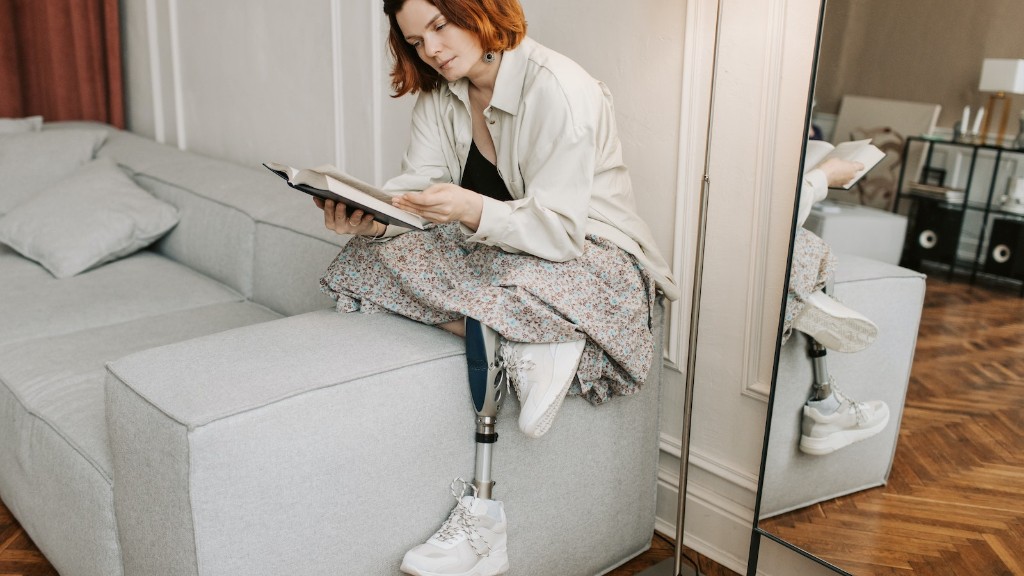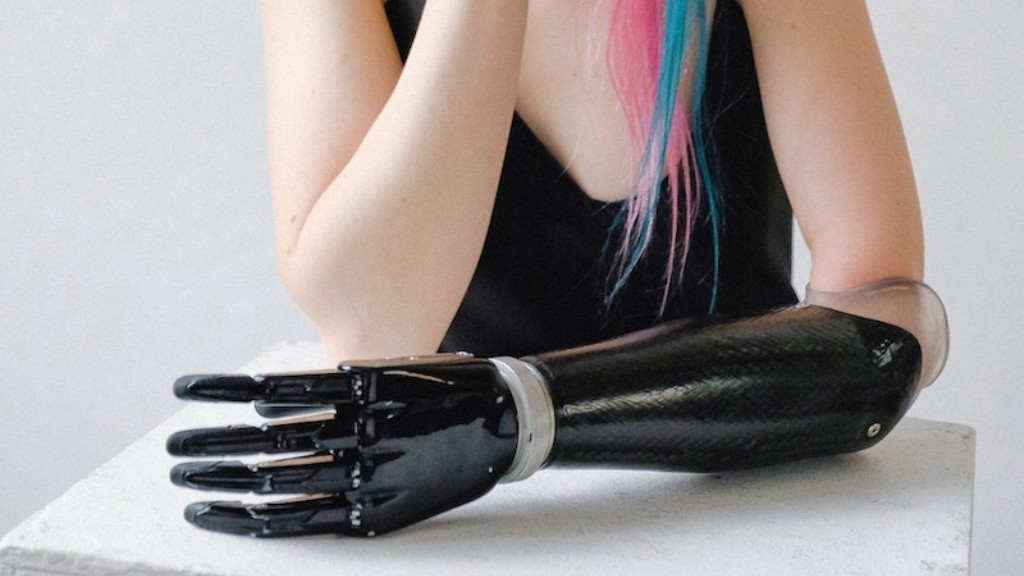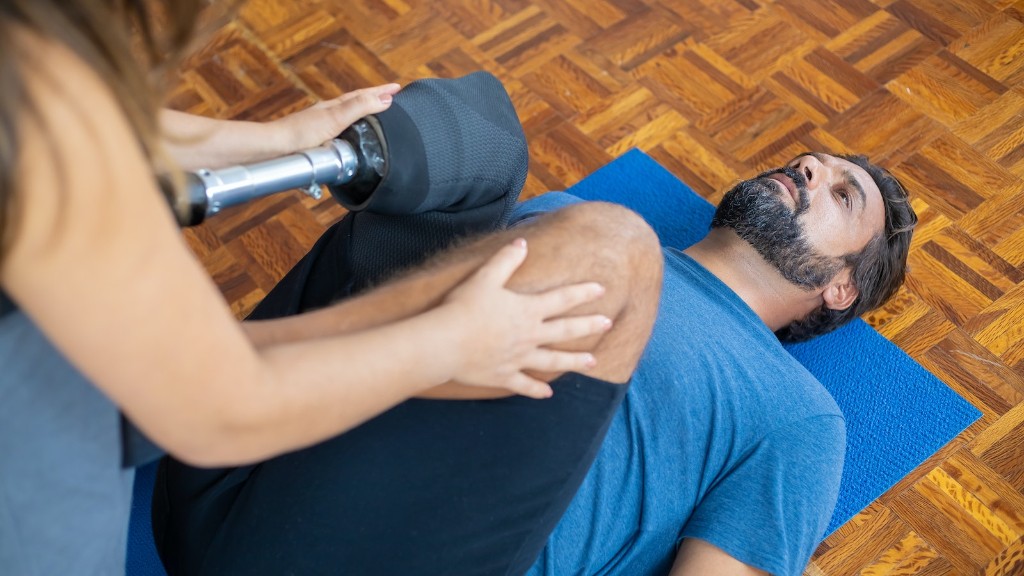Pirate Prosthetics: The Claw Hand
Prosthetic technology has witnessed remarkable advancements in recent
years, enabling amputees to regain their functionality and independence.
One fascinating development in the field is the emergence of pirate
prosthetics, particularly the pirate claw hand. As iconic as it is,
featuring prominently in popular culture, the pirate prosthetic claw hand
raises questions about its practicality, ethics, and its impact on the
amputee’s quality of life. This article aims to provide a comprehensive
analysis of the pirate claw hand, exploring its positive and negative
implications in both functional and psychological aspects.
The Functional Benefits
The pirate claw hand prosthetic offers several practical benefits for
amputees. One of the key advantages is the increased range of motion and
dexterity it provides. By utilizing advanced mechanical and sensor
technologies, the claw hand enables the wearer to grasp and manipulate
objects with precision, thereby facilitating daily tasks that were once
challenging or even impossible. This enhanced functionality empowers
amputees to regain their independence and participate more fully in their
day-to-day lives.
Additionally, the aesthetic design of the pirate claw hand appeals to
amputees who wish to embrace their uniqueness and express their identity.
By choosing a pirate-themed prosthetic, individuals can make a statement
about their personality and create a visually striking appearance that can
help them stand out from the crowd. This psychological benefit contributes
to the wearer’s self-esteem and self-confidence, promoting a positive body
image and a sense of empowerment.
The Ethical Considerations
While the pirate claw hand offers functional and psychological advantages,
ethical concerns surrounding its use remain. Critics argue that the
promotion of pirate-themed prosthetics may perpetuate stereotypes and
stigmatization of individuals with disabilities. By associating amputees
with piracy, it could inadvertently reinforce negative perceptions and
limit societal understanding of the challenges they face. It is crucial,
therefore, to strike a balance between celebrating individuality and
ensuring that individuals with disabilities are not further marginalized
or objectified.
Another ethical issue arises from the cost of pirate claw hand prosthetics.
Advanced prosthetic devices can be prohibitively expensive, making them
inaccessible to a significant portion of the population. While it is
critical to invest in technological advancements, affordability and
accessibility must be considered to ensure that the benefits of these
innovations reach as many amputees as possible. It is the responsibility
of both governments and healthcare organizations to prioritize fairness
and inclusivity in the distribution of prosthetic technologies.
Real-Life Examples and Expert Opinions
Real-life examples highlight the impact of pirate claw hand prosthetics on
the lives of amputees. Jim Smith, a 34-year-old amputee, expressed his
delight with his pirate-themed prosthetic during an interview with a local
news outlet. Smith stated, “The claw hand not only helps me carry out
everyday tasks with ease, but it also allows me to embrace my individuality
and engage positively with people who are fascinated by its design.”
Dr. Sarah Turner, a renowned expert in prosthetic limb technology at the
Global Prosthetics Research Institute, acknowledges the functional and
psychological benefits of the pirate claw hand but emphasizes the
importance of maintaining sensitivity. She asserts, “It is essential to
celebrate diversity and provide amputees with choices when it comes to
their prosthetic appearance. However, it is equally crucial to ensure
that stereotypes are not reinforced and that individuals are not
objectified or treated as mere spectacles.”
A Call for Balance and Inclusivity
As technology continues to advance, it is imperative to strike a balance
between celebrating individuality and addressing the potential negative
implications of pirate claw hand prosthetics. This is achievable by offering
a range of design options that cater to diverse preferences while promoting
inclusivity and avoiding perpetuation of stereotypes. Governments, alongside
healthcare organizations, need to prioritize research and development in
prosthetic limb technology, aiming to reduce costs and improve accessibility
for all amputees.
Moreover, there is a need for increased awareness and education surrounding
the challenges faced by individuals with disabilities. By fostering empathy
and understanding, society can ensure that the use of pirate-themed
prosthetics does not reinforce stigmatization or hinder the progress towards
an inclusive and compassionate world.


